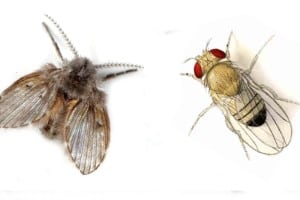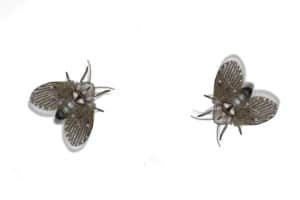If you’re like most homeowners, you’re probably familiar with pest control in one form or another. But you probably don’t have a comprehensive understanding of the subject.
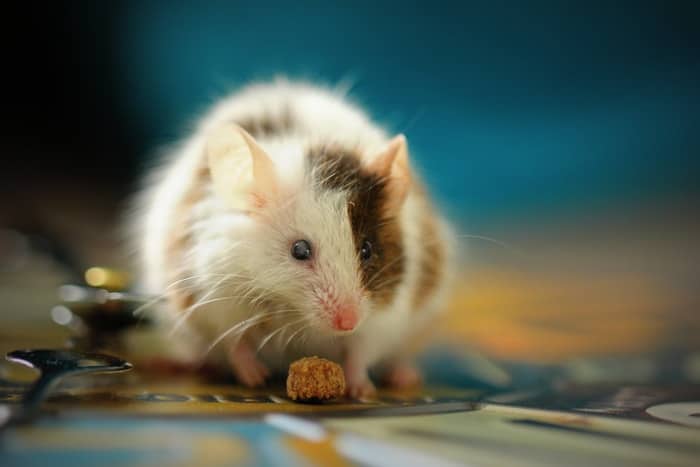
If you want to keep your home free of pests, you need to learn about pest control. There are many different types of pests, and each has its own specific way of attacking a home. In this guide, we’ll outline the most common types of pests and give you tips on how to get rid of them.
What Is Pest Control?
Pest control is the practice of managing pests and their effects in an agricultural or commercial setting. A pest is an organism that causes economic damage or harm to plants or animals. Common pests include insects, rodents, and weeds. Pesticides are chemicals used to control these pests.
Types of Pest Control
There are many different types of pest control, including chemical, biological, and mechanical methods. Chemical pest control typically employs poisonous or harmful chemicals to kill pests. Biological pest control uses living organisms to remove or suppress pests. Mechanical pest control relies on devices such as nets, traps, and barriers to catch and kill pests.
What Are Some Common Household Pests
Mosquitoes
Mosquitoes are one of the most common household pests. They can cause a whole range of problems, from annoying skin irritation to serious diseases. For example, mosquitoes can put many people, especially children, at risk of dengue. Not treating it quickly can result in a more severe dengue situation. It can cause life-threatening symptoms, such as bleeding, persistent vomiting, and organ impairment.
Because of this, getting rid of mosquitoes is essential to protect yourself and your family against the risk of dengue and other health issues caused by these household pests. Here are some tips on how to deal with mosquitoes:
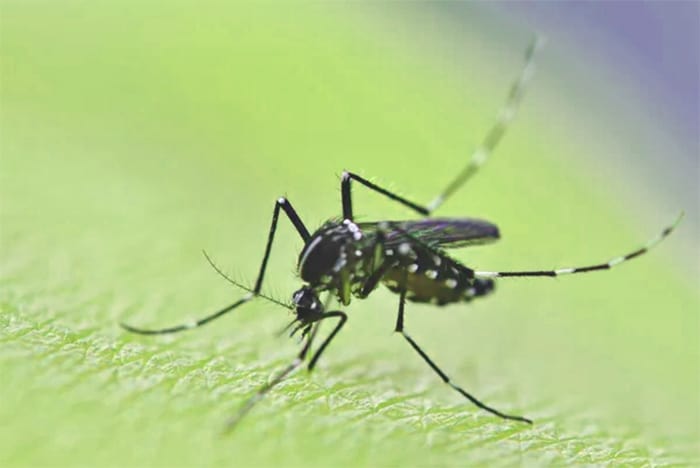
Keep Your Home Dry and Clean
Mosquitoes thrive in areas where there is water vapor, so keep your home as dry as possible. Clean surfaces that attracts them, such as windows and doorsills, and avoid using oils or chemicals that could create a mosquito breeding ground.
Use an Insect Repellent
A good insect repellent will not only protect you from mosquitoes, but also other types of bugs. Choose one that contains DEET (diethyl ether). Be sure to apply it regularly, especially during peak mosquito season (June through September).
Create Barriers
Place screens on windows, doors and other entrances to keep mosquitoes out. You can also use floating screens, which are inserted into a window frame and prevent mosquitoes from flying into the room.
Eliminate Standing Water
Mosquitoes breed in stagnant water. Eliminating standing water around your house is the best way to prevent mosquitoes from coming inside. To remove the standing water, locate the source around your house first, then pump the water out. You can use a bucket and eliminate the water manually if the water is significantly less. Otherwise, you can remove the standing water with an electric or gas vacuum.
After the water removal, dry the place right away. You can install a dehumidifier or add more fans to speed up the process, dry the site out entirely, and avoid mold growth.
Drain Flies
Drain flies are a common household pest. They can be found near drains and in moist areas, such as bathrooms and kitchens. Drain flies are small, brown or black flies that can be annoying. They feed on bacteria and other microorganisms, so they can cause problems in the home by causing bacterial infections or spreading food poisoning.
One way to prevent drain flies is to keep your drains clear. Make sure all debris has been cleared from around your drains, and keep them clean with a drain cleaner or a plunger. This will help reduce the number of fly larva that can survive and damage your property.
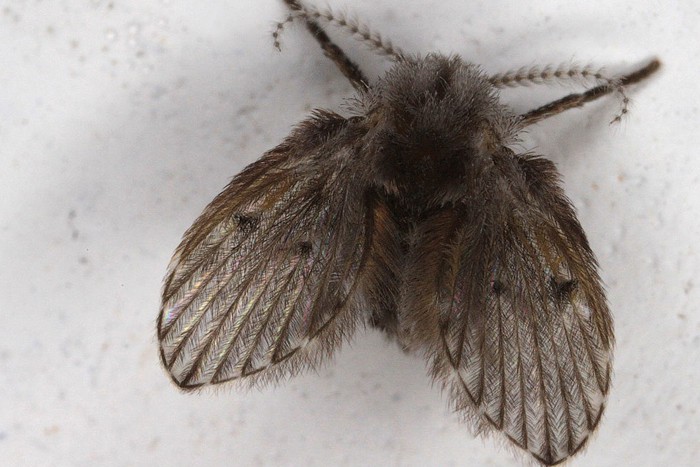
Another way to prevent drain flies is to seal any cracks or openings in your drains where they enter the ground. This will stop rainwater from entering the drain and providing food for the fly larvae. You can also cover exposed pipes with a layer of caulk or pipe insulation.
Cockroaches
Cockroaches can be quite a nuisance in some homes, particularly if they’re becoming a problem in areas where food is stored or where children are often present. They carry bacteria, which means that if they come into contact with food, they may cause salmonella or streptococcus. Cockroaches are also said to be carriers of intestinal diseases like cholera, diarrhea, and typhoid fever.
For these reasons, you should protect your home from these pesky pests. Here are some tips on how to get rid of cockroaches:
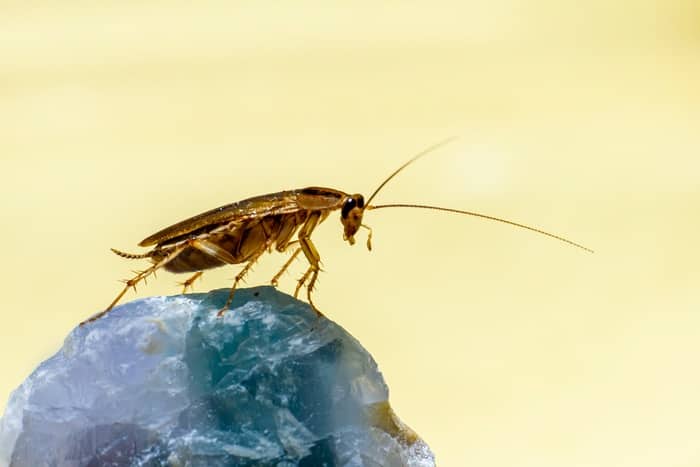
There are many ways to get rid of them, but the most effective is probably a combination of methods. Here are some tips:
Use an Exterminator
If you can’t afford to hire an exterminator, there are a number of products available that work well on cockroaches. These include pesticides, bug sprays, and fumigants. Be sure to read the label carefully before using any product, as not all of them are safe for use around food.
Clean up Food and Pet Messes
Cockroaches like to live in dirty places, so make sure to clean up any spills or food crumbs that may have attracted them. Also, if you have pets, make sure to clean up any pet messes that may attract roaches.
Clean Your Home
Cockroaches are attracted to dirty or cluttered places. Make sure to keep your home as clean as possible and keep it clutter free. Also, make sure to get rid of any clutter that may be attracting cockroaches. Cockroaches like dark, dirty places to live, so keep your home clean and free of clutter.
Ants
There are many different types of ants, but the majority of them are small and brown. Ants can be a nuisance in your home, especially if they’re attracted to food or water. Here are some tips for dealing with ants:
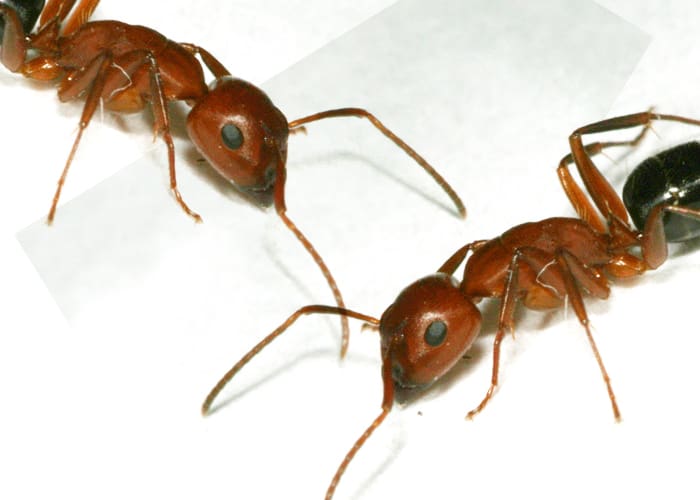
Use Ant Trap
Set a trap to capture any ant that enters your home. Ant traps come in different shapes and sizes, so find one that will fit the ant you’re trying to catch.
Use Ant Baits
Ant baits can also be helpful in getting rid of ants. These baits work by attracting ants and then releasing a poison that kills them. Be sure to read the instructions carefully before using these baits, as some may require water exposure before activation.
Use Boric Acid
Boric acid is a toxic substance that can be used to kill ants. You can use boric acid in several ways: spray it around the foundation of your home, or sprinkle it onto the ground near where ants are entering your home.
Mice
Household pests are small creatures that can cause a lot of damage to homes. Mice, for example, can gnaw on wires and cables, making them unsafe to use. There are many ways to get rid of mice and other household pests. Here are some tips:
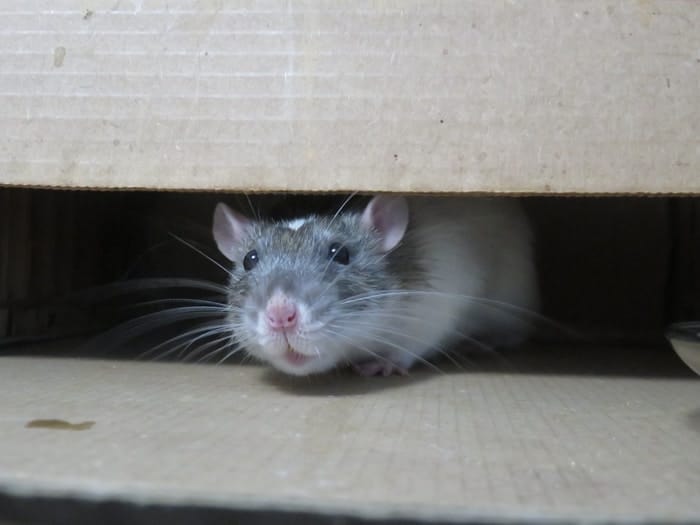
- Seal up any holes or cracks in your home that mice could crawl through.
- Keep your food stores clean and covered so mice cannot get access to them.
- Make sure your trash is disposed of properly so that it does not contain food or shelter for rodents.
- Use traps and poisons to kill the rodents inside your home.
- Always wear gloves when you are trying to get rid of any pests, as they can carry harmful diseases.
These are some tips that can help get rid of mice, rats, and other pests from your home. However, it’s essential to know that removing these pests doesn’t have to be a DIY approach. If the mice and rats have started to damage your wires, bite your food packaging, and make scratching noises in your ceilings and walls, it’s time to work with professionals specializing in rat control. They can help assess these pests’ nesting and feeding places and determine a treatment plan for your rodent situation.
Is Pest Control Worth It
The decision of whether or not to invest in pest control can be difficult. Some factors to consider include the potential cost, the severity of the infestation, and your personal preferences.
If you are considering pest control for an insect or rodent problem that is causing damage, the cost may be high compared to the benefits. If you have a severe infestation, pest control may be worth it because it could prevent more extensive damage.
However, if you only have a few pests and they are not causing too much damage, it may not be worth the investment.
Ultimately, whether or not pest control is worth it largely depends on the specific situation. If you have a particularly troublesome infestation, then it may be worth investing in professional help.




